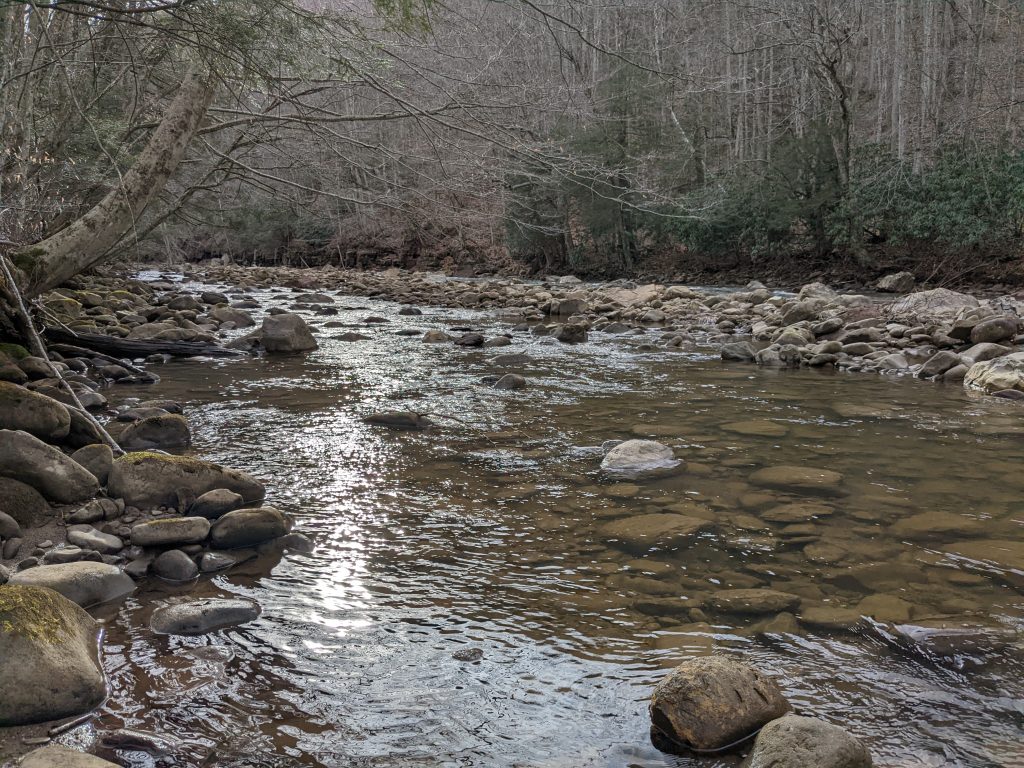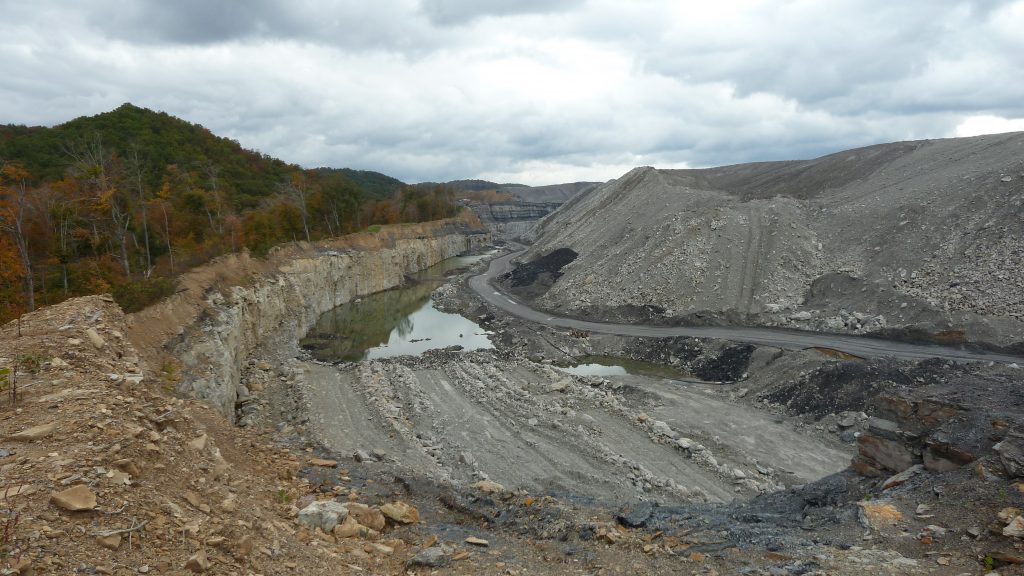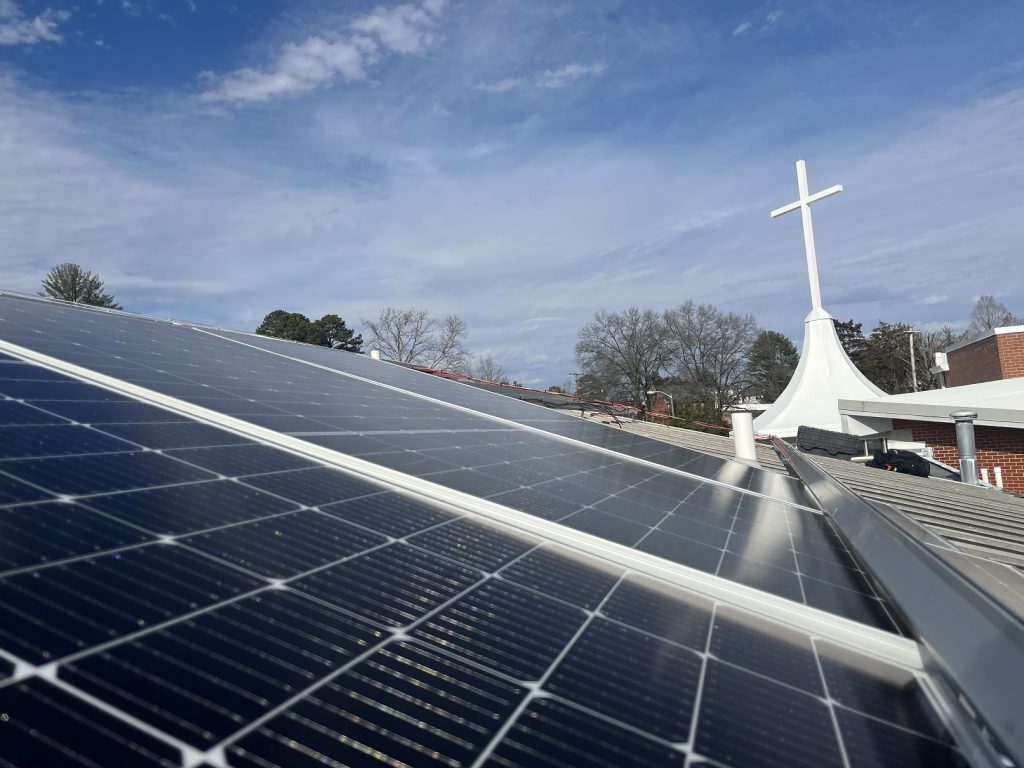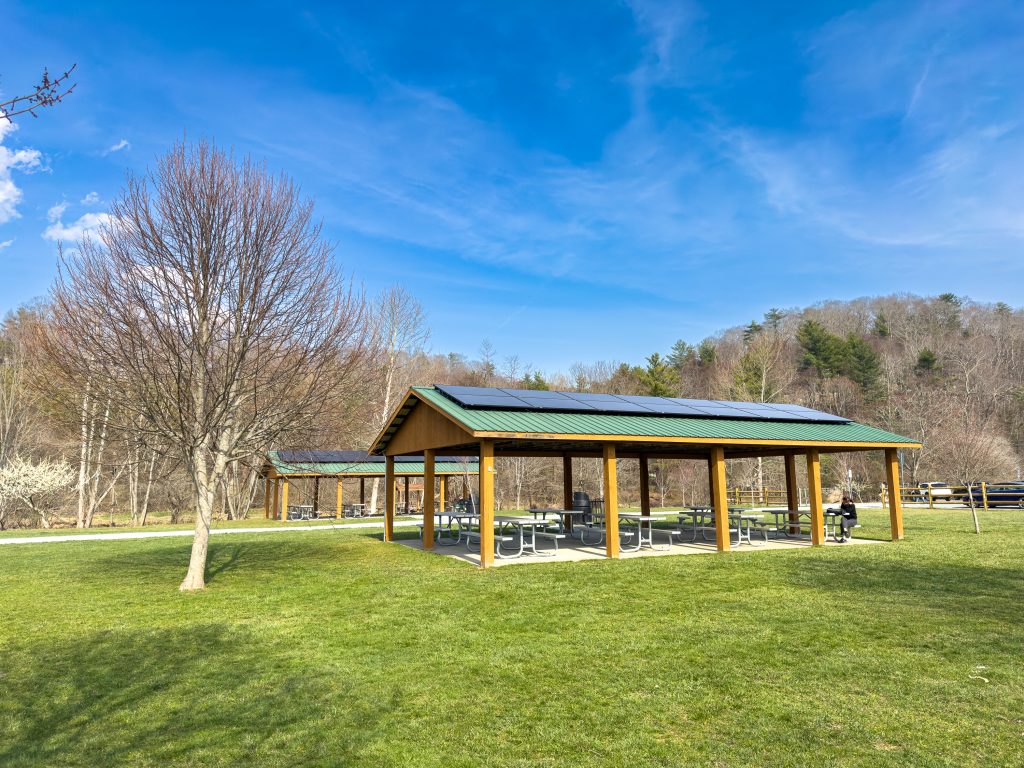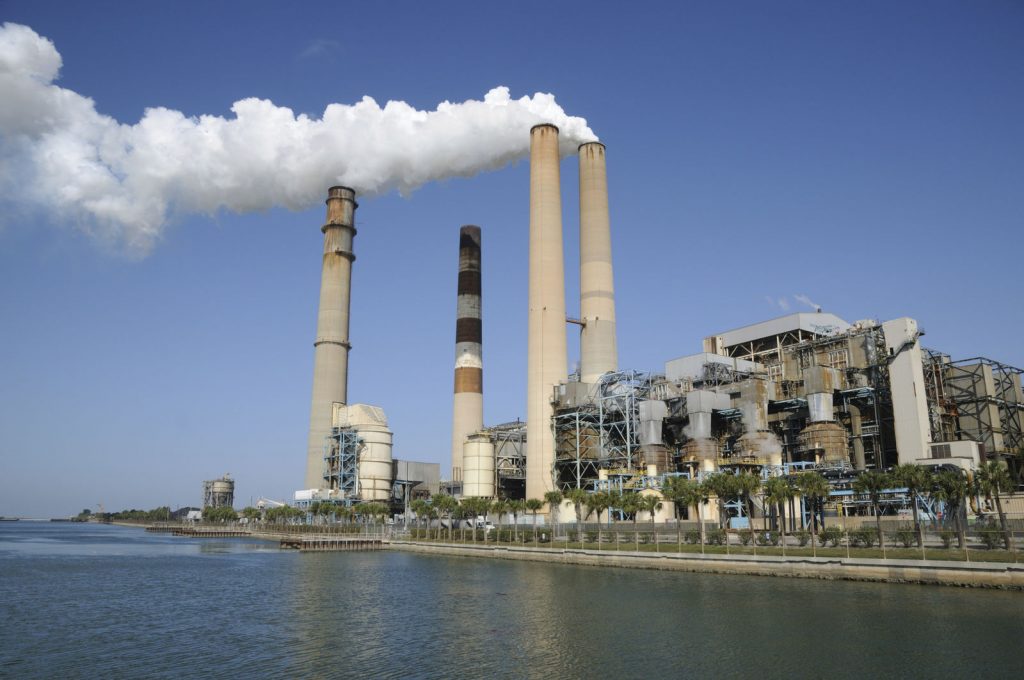Cleaning Up Coal Ash
For well over a century, power plants across the country have burned coal to generate electricity. And for just as long, leftover coal ash has been dumped in open, unlined pits near the power plant, usually located on a river or lake. Every year, U.S. power plants produce 130 million tons of coal ash, which is the second largest waste stream in the country after municipal garbage.
Coal ash concentrates the toxic heavy metals found in coal, including arsenic, mercury, lead and selenium. Stored in unlined, wet impoundments, coal ash has been leaking these toxics into our groundwater and surface waters for years. Sometimes these impoundments collapse — with disastrous results.
Yet government regulations for coal ash management are either non-existent or sparse, and there is little enforcement of the regulations that do exist. In North Carolina, this lack of oversight — and the complicity between state regulators, elected officials and Duke Energy — came to a boiling point in February 2014 when one of Duke’s coal ash impoundments spilled 39 million tons of ash into the Dan River.
Citizens living near North Carolina’s 33 coal ash impoundments — all of which have leaked — have fought for transparency from Duke and the state, and for cleanup of the pollution that threatens their property value, health and family. Their actions forced this issue into the headlines of news networks and to the forefront of environmental justice conversations in the United States.
Appalachian Voices stood with these communities as we worked for years to compel Duke Energy and the N.C. Department of Environmental Quality to excavate coal ash from all the North Carolina sites and dispose of it either in lined, dry landfills, away from waterways, or by recycling it for concrete or other uses, provided it’s done in a manner that protects public health and the environment.
On Jan. 2, 2020, North Carolina announced a historic settlement with one of the state’s most powerful corporations and polluters, Duke Energy. The settlement requires Duke to move nearly 80 million tons of toxic coal ash at six of its power plants to properly lined landfills onsite or recycle it.

Learn information about specific coal ash impoundments in the South, including health threats and safety ratings:
Additional Resources
Fact sheets, videos, links to academic research, and more
Sign Up to Act
Help us protect the health of our communities and waterways.
Latest News
Federal court clears path for legal challenges to coal-hauling in Monongahela National Forest
A federal judge in Delaware ruled Tuesday in favor of two motions filed by conservation groups, allowing key legal and administrative actions to move forward to protect portions of the Monongahela National Forest from mining activities by South Fork Coal Company
How the Trump plan for the federal budget hurts Appalachia
Late afternoon on Friday, May 30, President Donald Trump released his proposed fiscal year 2026 government funding budget, which includes steep cuts that would have serious consequences for Appalachians and people in coal communities across the country if enacted.
Trump administration proposes ditching coal mine safety protections
The Department of the Interior has issued a proposal to roll back 2024 improvements to the Ten Day Notice Rule.
Part 2: Clean energy tax credits are powering change across Appalachia
Across Central and Southern Appalachia, the federal clean energy tax credits expanded by the Inflation Reduction Act are helping communities take action to support new jobs and save money with American-made energy.
Clean energy tax credits are powering change across Appalachia
Across the country, clean energy tax credits have opened doors for schools, nonprofits, churches, and small businesses to lower energy costs, invest in local jobs, and build more resilient communities.
EPA decision to reverse health protections will harm Appalachians
Today, the U.S. Environmental Protection Agency is expected to announce that it will be rolling back health protections related to emissions from power plants.





